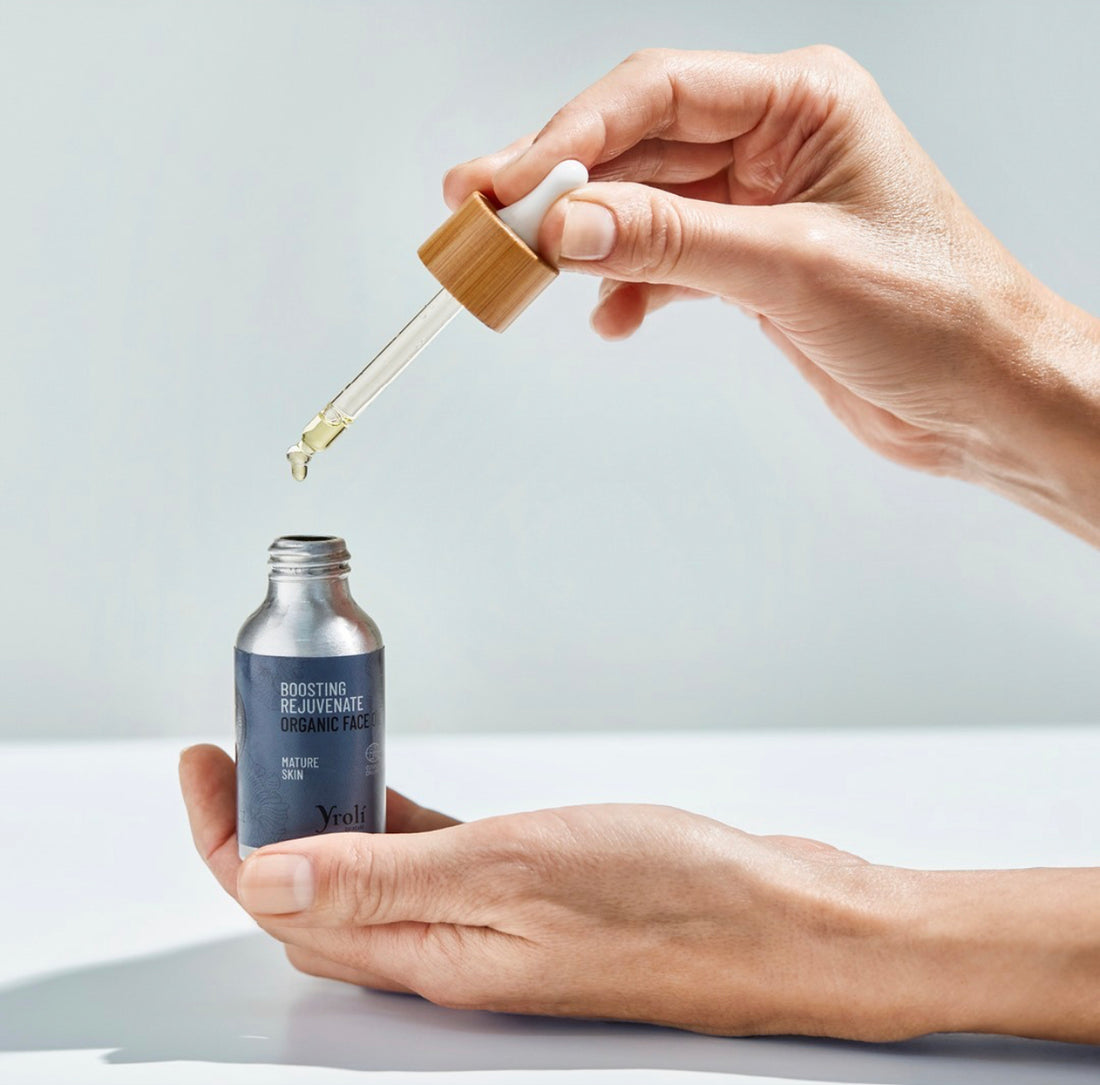Did you now that our skin is our largest organ? Skin acts as a waterproof shield, guarding the body against harmful substances, extremes of temperature, and damaging sunlight. Our skin is unique in many ways, but no other organ demands as much attention and care.
Due to COVID-19 pandemic, many people are wearing face masks when in public or during work shifts, often for hours at a time. Most people are also washing their hands or using hand sanitizer more frequently these days.
While wearing face masks and washing hands are key steps to preventing COVID-19, they can dry out your skin and cause various skin rashes. With a guidance from Mayo Clinic, we give you few steps that can protect your skin.
Facial care
As helpful as face mask is, it can also be hard on your skin, causing itchiness, rash or peeling skin. Sweaty or damp conditions under the mask can lead to acne breakouts and other skin concerns. To ease these complications, Mayo Clinic recommends the following tips:
-
Adopt a regular skin care routine. Cleanse and moisturize your face before and after using a mask. Choose products labeled "noncomedogenic," which means they won't clog skin pores.
When washing your face, use a mild, fragrance-free, noncomedogenic cleanser, such as Organic and Allergy Certified Soothing Cleanser from Yroli.
Mayo Clinic advises not to use products with petrolatum. Petrolatum is a common ingredient in "heavy-duty" creams and ointments, such as petroleum jelly. It can get in the way of the mask's function, especially N95 masks used by some health care workers. If your skin tends to be on the oily side, go for a water-soluble moisturizer.
Our Danish Certified Organic Brand "Yroli" offers noncomedogenic products that can help balancing your skin. Healing Face Oil, for example, is a complex combination of oils that are suitable for unbalanced skin. The light and fast absorbing oil for the face cares for and heals naturally combined and oily skin, as well as periodic skin conditions such as impurities and acne. At the same time, it provides plenty of moisture to skin that has dry areas. The oil has a regenerating, re-hydrating and repairing effect.
-
Use a barrier ointment or bandage. To prevent or relieve skin injuries caused by pressure or friction from masks, a thin layer of zinc oxide can soothe and protect skin, according to Mayo Clinic. Zinc oxide is a skin protectant often used for diaper rash or severely chapped skin. Use it on the bridge of your nose or behind your ears.
You can also try placing a cooling relief bandage between the skin pressure points and the mask.
- Treat acne. If you develop acne, cleanse your skin regularly. Use a water-soluble moisturizer. Look for acne treatment products that contain benzoyl peroxide or salicylic acid. Also, avoid popping or squeezing pimples, which can contribute to inflammation and infection of the area.
- Protect your lips by applying a moisturizer. Dry skin and chapped lips are common face mask skin problems. You can prevent it by moisturizing your lips after washing your face, before you put on your mask and before bed.
Hand care
-
Be gentle on your hands. Use cool or lukewarm water with soap to wash your hands. Hot water isn't any more helpful against germs that can make you sick. And hot water can increase skin damage.
- Moisturize, moisturize. After washing your hands, gently rinse and pat them dry. Right after, apply plenty of moisturizer. If your hands still feel dry after a minute or so, apply more.
-
Combine moisturizers. Sometimes, a combination of moisturizers works best. Lightweight creams typically add moisture to the skin's outer layer. Look for ingredients such as urea, glycerin or hyaluronic acid.
-
Wear gloves when cleaning to protect your skin. Disinfectants for cleaning surfaces are effective against germs, but some of the ingredients can be harsh on your hands.
-
Don't ignore early skin protection. Even if your hands don't feel dry or chapped, be sure to moisturize them regularly. Preventing skin irritation from developing in the first place is more effective than trying to catch up later when skin is already broken and cracked.
Our skin is unique in many ways, but no other organ demands so much attention and concern. Therefore, it is especially important during COVID-19 times to give that extra love and care to our skin that we can.
Source: https://www.mayoclinic.org/diseases-conditions/coronavirus/in-depth/coronavirus-skin-care/art-20487664. Retrieved on 28.11.2020










